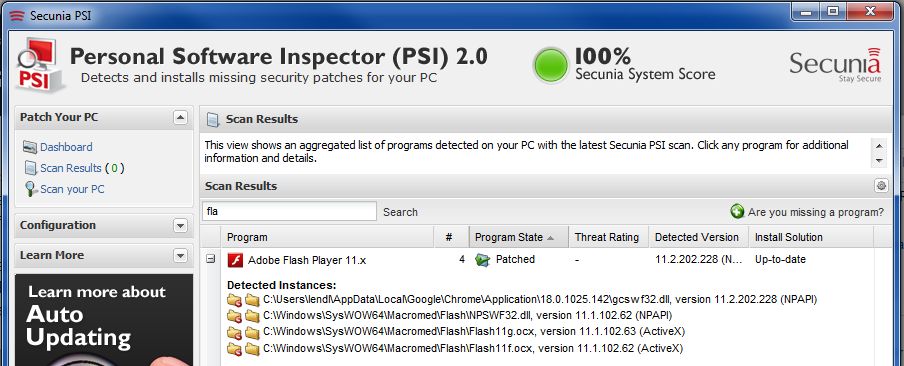Apple announced last week that it wants to change the way textbooks work for US schools: Instead of schools buying books that are given to a succession of pupils, each kid should receive its own copy of the textbook as an ebook on his iPad.
So far, so interesting. I have two observations on this:
a) Richard Stallman wrote once a short story called “The right to read“. Having textbooks solely on DRM-infected ebook readers is yet another step in that direction.
b) This is a huge opportunities for crowd-sourced textbooks. The material that basic textbooks cover have been summarized, prepared for lectures, lessons, books, … by successions of teachers, home-schoolers, students and other people over and over again. This is a market that is pitch-perfect for some sort of Wikipedia-style cooperative editing.
There will be no single common edition for all topics, some are just too controversial. In other cases, there will be different approaches on how to teach a certain subject. Nevertheless, if it is easy enough to share enhancements to copylefted textbooks, we might see that many teachers will enhance the ebook for their class (add some multimedia content, add exercises, provide additional information) and feed all these back into the public pool of ebooks.
Optimally, this would work as a plugin into Apple’s ebook writing software to make it a seamless experience. The economic incentive for Apple is not there, so I doubt that will happen soon. But if someone writes a decent conversion tool that takes a set of pages from Wikipedia (perhaps enhanced with some special tags for this purpose) and builds a textbook from them, this could take off very quickly.
This could do to textbooks what Wikipedia already did to lexica.
(And of course, Amazon will also try to ruin Apple’s plans.)

 vs.
vs. 